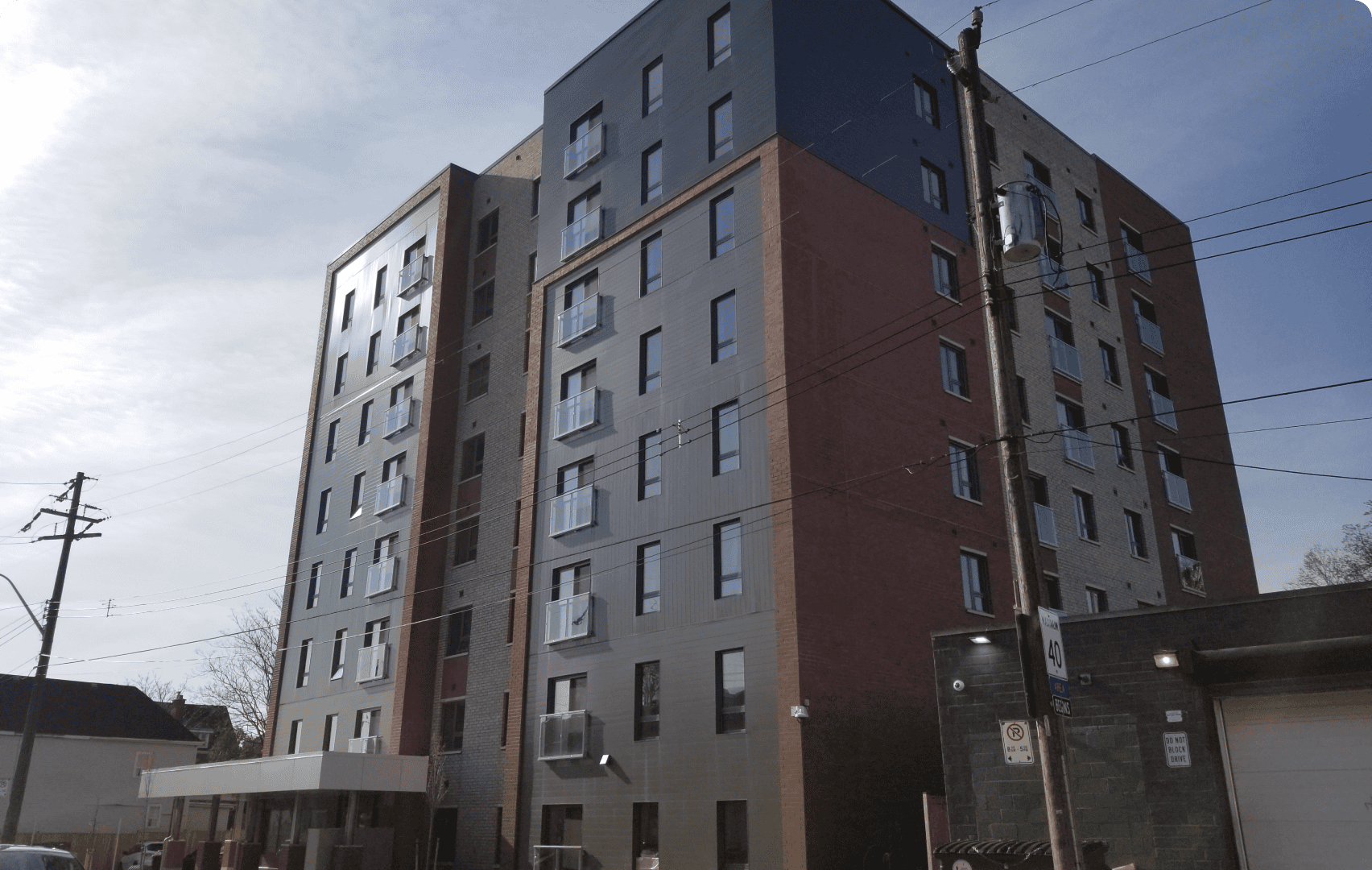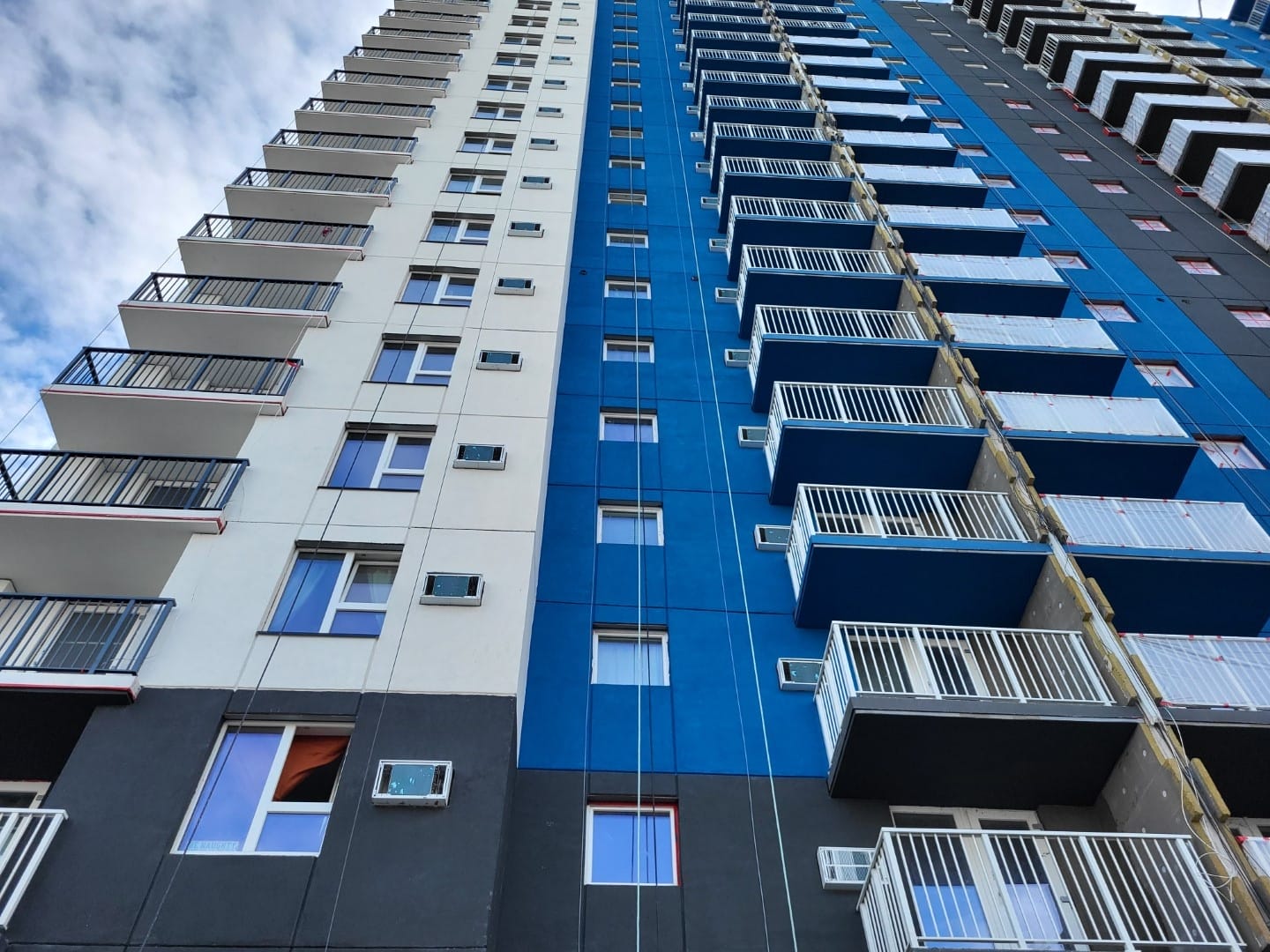Presentation
Summary
Pretium Engineering successfully completed a full window wall replacement at the Rosedale Glen Condos while keeping residents in their homes and staying under budget. This article outlines the thoughtful planning, detailed assessments, and clear communication strategies that made it all possible.
There’s no easy way around it – carrying out window wall and other fenestration replacements at a multifamily building is a necessity that can be onerous on property managers, condo boards and residents. It is possible to minimize disturbances and expenditures, but it takes thoughtful preparation, careful planning and ongoing communication with all parties.
That’s how Pretium Engineering managed our replacement program at the Rosedale Glen Condos, a 44-year-old development near Mt. Pleasant Road and Rosedale Valley Road in Toronto, Ontario.
Here are the details on how we kept residents in place and came in under budget while conducting a complete replacement program throughout the building’s two towers
We began by investigating the structure’s condition to identify what elements needed to be entirely replaced and where we might be able to save the client money.
1. Understanding the assignment
It’s integral to have a solid understanding of the assignment before jumping into action. This includes doing a building condition audit to look for wear and tear on existing infrastructure and determine its operational status; estimating project costs and conducting a reserve fund study; and building out timelines.
We began by investigating the structure’s condition to identify what elements needed to be entirely replaced and where we might be able to save the client money.
We reviewed the condos’ 180 suites, examining the state of sliding doors and window walls.
We identified the existing insulation system and how it interacted with the original glazing system, made from aluminum-framed window walls with a combination of fixed insulated glazing units and single pane horizontal sliders.
Once this thorough investigation was complete, we determined that we would need to remove and dispose of all existing windows, doors, spandrels, interior drywall at the jambs, ceiling finishes at the head, flooring at sills, and accessories.
Armed with information, we designed a renovation program to install new aluminum-framed systems at all windows, doors and spandrels, along with new metal transitions from the existing structure to new systems, sealants, and interior finishes. For the exteriors, we decided that some areas needed complete masonry and insulation replacement, but not all.
2. Managing – and communicating – expectations
It’s integral to have a solid understanding of the assignment before jumping into action. This includes doing a building condition audit to look for wear and tear on existing infrastructure and determine its operational status; estimating project costs and conducting a reserve fund study; and building
out timelines…..

